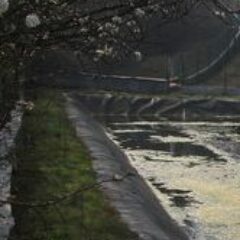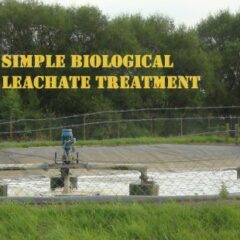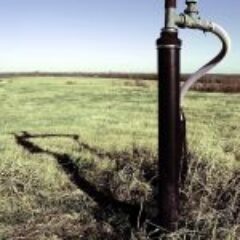conditions
Landfill Leachate Composition
Landfill leachate composition for United Kingdom Landfills was first published in the Waste Management Papers published by the UK Department of Environment. Waste Management Paper 26 contains the most recent table of Landfill Leachate Composition before the WMP series was superseded by later documents, notably the DoE’s Leachate Report of 1995. However, the original table, […]
How Do You Treat Leachate?
First of all when asked the question, “How Do You Treat Leachate?”, we would like to make a distinction between true treatment which involves converting environmentally damaging substances to less, or non-toxic, ones, and simply concentrating the contaminants from the water in leachate to give a volume reduction. In the water industry both are known as […]
Leachate Landfills
Leachate landfills – general information about leachate, and how it is present in landfilled waste, affects landfills, and is collected.



